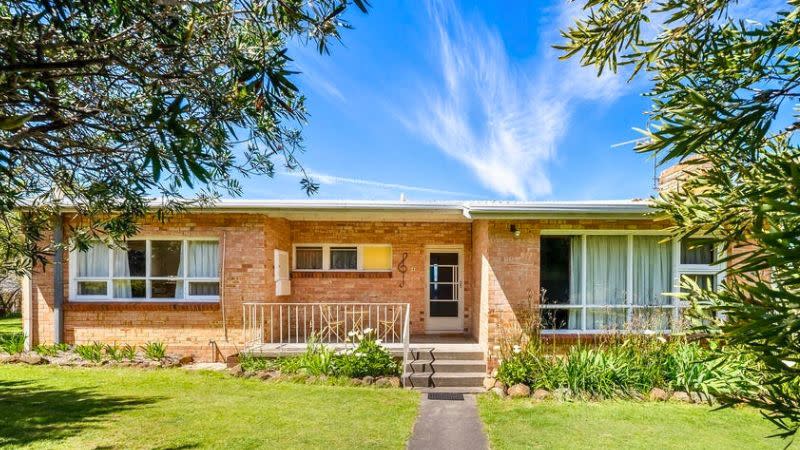Charity Selling Remote Village in Tasmania’s Midlands

A Christian charity plans to sell the homes in a rural village in Tasmania’s Northern Midlands, ending nearly three decades of stewardship.
Fusion Australia will sell its residential assets at Poatina, which was built to house hydroelectric workers in the 1960s.
The village, about 40km south-west of Launceston by road, is home to about 100 permanent residents. Poatina is the Tasmanian Palawa Kani word for cave.
At its peak, the village was home to more than 2000 people. The Poatina Power Station was completed in 1964.
The charity acquired the village in 1995.
It initially used the site for youth programs, retreats and community engagement, but said that over time the remote location had become increasingly difficult to align with its core mission of supporting young people.
When it took ownership of the village, Fusion established a body corporate to govern matters such as common property and infrastructure.
The charity took responsibility for many of the functions the council had carried out, including roads, street lighting, water and sewerage.
Prospective residents were required to meet standards set by those by-laws for the village that was “a generally safe, secure and [a] Christian environment for young Australians … and their families, regardless of religious persuasion, social position, wealth or otherwise”.
Owners and residents were encouraged to provide voluntary service for the community.
The by-laws also required residents not to use their properties or common properties in “any way that offends Christian values”.

A 12-month consultation with residents, which included surveys, advisory groups and anonymous votes resulted in Fusion announcing a staged divestment.
Residential properties will be sold through real estate agents in the region, either as packages or via private negotiation, and any remaining properties will be listed through business brokers from April of next year.
The village chalet (pictured at top) and service station are already on the market—it is understood the former is under offer. The chalet has 3-star motel rooms, hostel rooms and self-contained cottages and larger houses.
The charity will retain ownership of the village arts centre while it reviews how it fits into its ongoing strategic objectives.
The site consists of multiple residential lots, former community buildings and infrastructure, with potential for adaptive reuse, residential expansion or mixed-use development.
Fusion Australia said that the sale process would be conducted carefully to preserve community cohesion and respect the village’s history.
“This has been a place of life-changing experiences for young people over decades, and we want to ensure that its next chapter benefits the residents and the broader community,” a Fusion spokesperson said.














